Having an emergency fund may seem on the surface to be a common-sense proposition. Money set aside specifically for the purposes of having it in the event of an emergency can be a valuable buffer between yourself and financial hardship, and it’s a decision that fosters peace of mind when thinking of potential worst-case scenarios. But is establishing an emergency fund always the right decision for your situation?
The benefits of having an emergency fund
According to NerdWallet’s Christopher Allen, a good emergency fund should equal three to six months’ worth of expenses. In the event that you would become unable to work, an adequate emergency fund prevents you from needing to turn to other, riskier avenues to keep yourself afloat. This can include dipping into your retirement savings early, borrowing money from family or friends and running up credit card debt. With a six-month emergency fund, you can take the time you need to recuperate from an injury or find a new job with less stress.
Miriam Caldwell, writing for The Balance, notes that certain personal circumstances will increase the necessity of having an emergency fund. If you’ve struggled with or are currently facing health issues, having an emergency fund is a must in case you miss time at work or have a balance leftover on your medical bills. It’s also important to have an emergency fund if you live a great distance from your family; should a family crisis or death in the family occur, an emergency fund can help cover you during a leave from work and pay for travel and lodging expenses.
Forbes contributor Simon Moore points out that no matter your situation, an emergency fund provides a remedy to anxiety and stress when considering your financial situation. Whether it’s paying off an unexpected expense like a car repair or being able to be there for your loved ones in a time of need, an emergency fund can be a saving grace that helps keep you safely in the black.
Potential downsides
Greg McFarlane of Investopedia writes that having an emergency fund is “overly prudent,” suggesting that your best recourse would be to use that money instead in a way that enriches you more directly and immediately. If, for example, you have outstanding credit card debt, McFarlane advises taking money that you could otherwise deposit in an emergency fund and using it to clear off what you owe.
“Perhaps you’re worried about the transmission falling out of your car, which you think would necessitate a $3,000 repair,” McFarlane writes. “If you feel that the prospect of this problem warrants creating an emergency fund, but you’re already carrying enough debt to cover three or four transmission replacements, the sad news is this: your emergency has already begun. It began several thousand dollars ago.”
Moore suggests that inflation could be an issue when it comes to an emergency fund. While you may feel comfortable sitting on a $10,000 nest egg, the rate of inflation ensures that your money today will give you less purchasing power in a year’s time, even less than that an additional year into the future and so on. He adds that this is by no means an excuse not to have an emergency fund; instead, it’s recommended that you invest your money in a low-risk fund like a short-term treasury bond, which will provide you a respectable return without significant risk of lost value.
The decision of whether or not you wish to have an emergency fund should ultimately fall to you and your immediate family. If you believe that putting away money for a proverbial rainy day is important, explore the options available to you and build confidence in your financial situation.
Remember, we are here to help. Start by meeting with your Personal Banker at North Shore Bank who is ready to help you take a closer look at your current situation and future plans.
Contact us today to review your finances and develop a strategy that meets your needs.
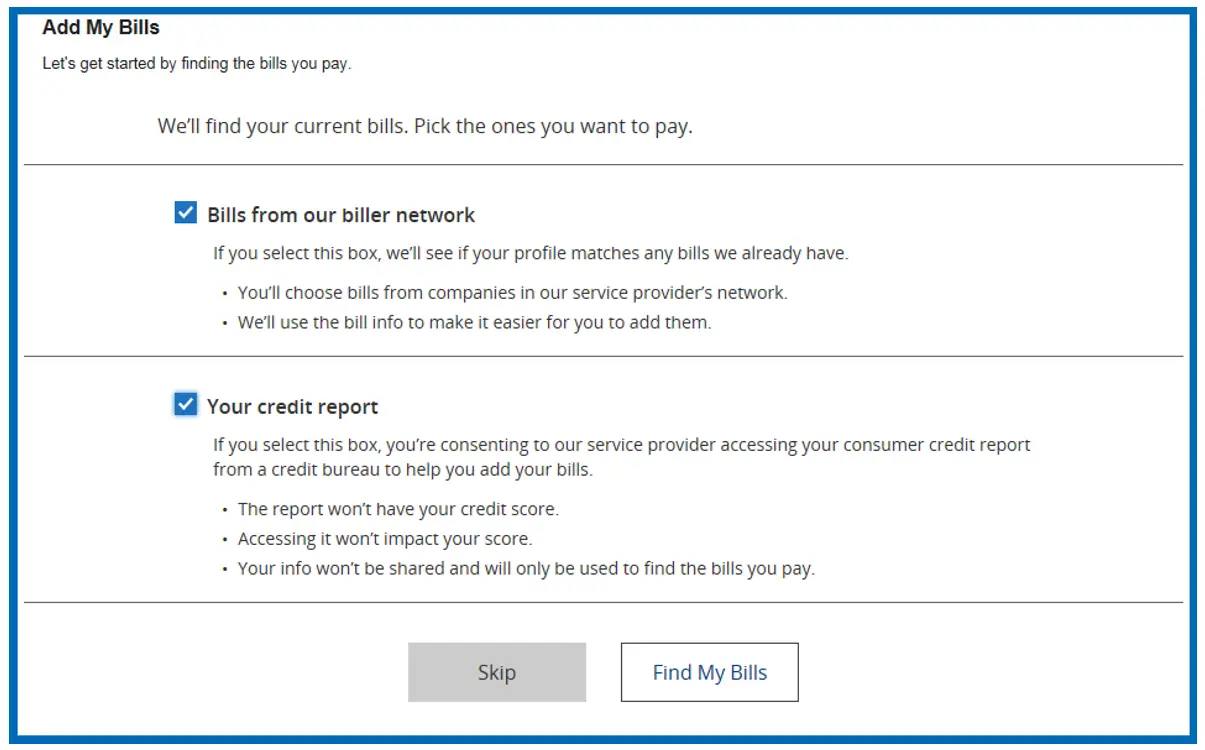
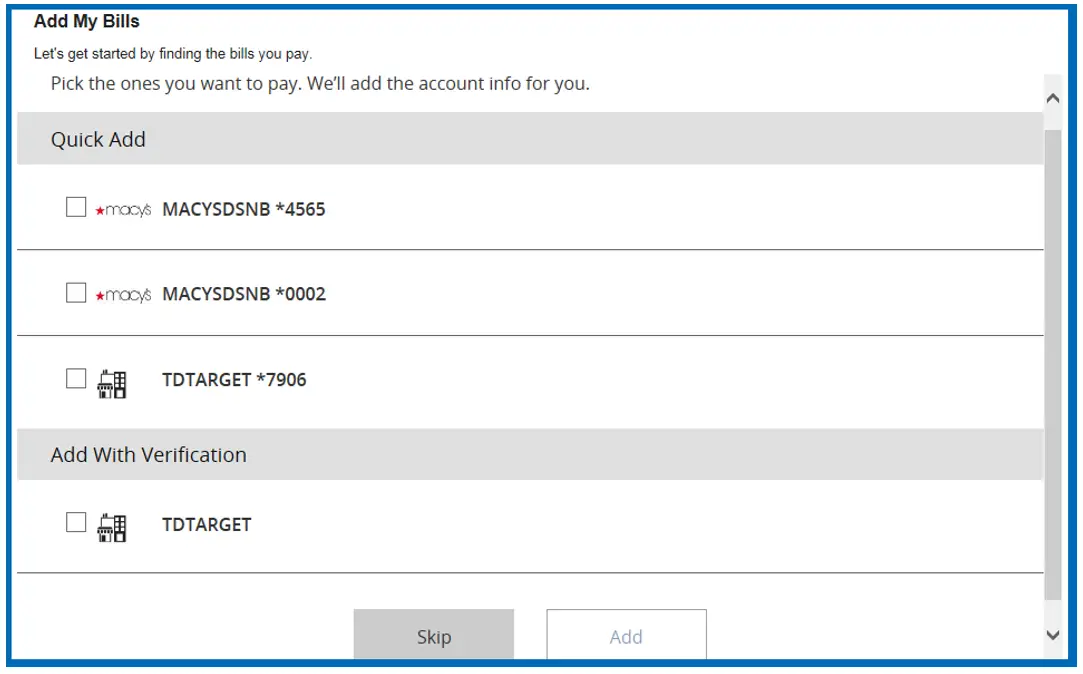
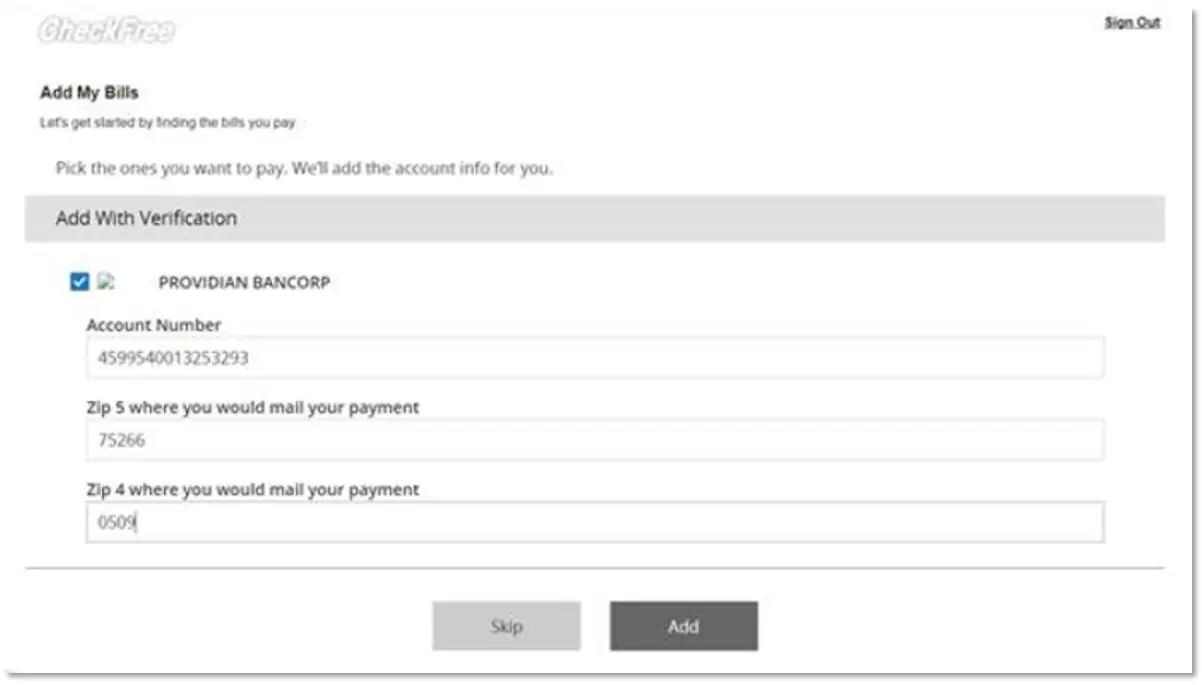
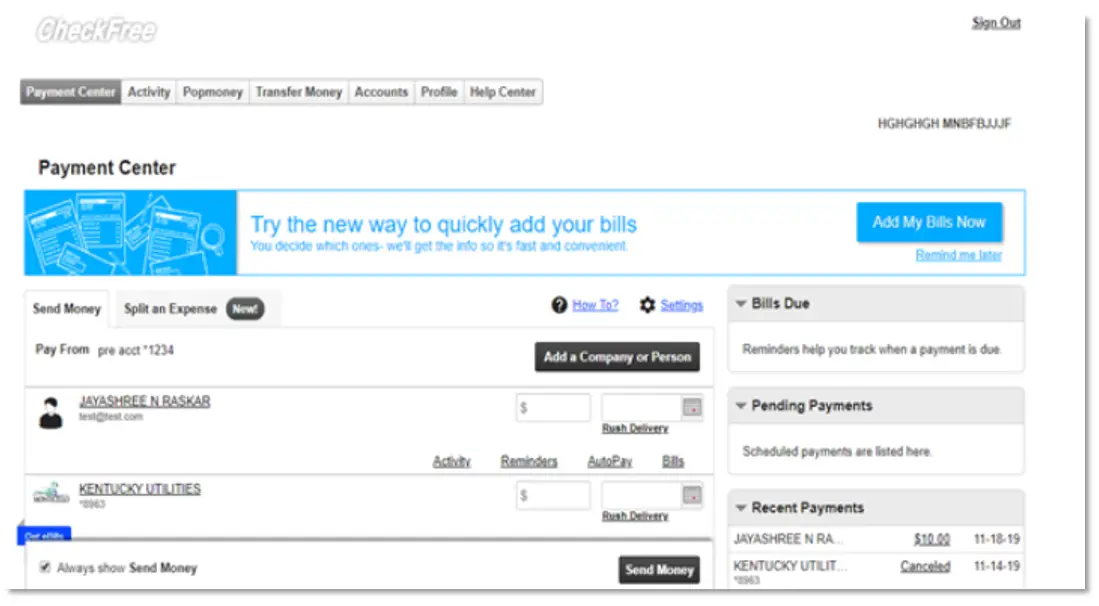
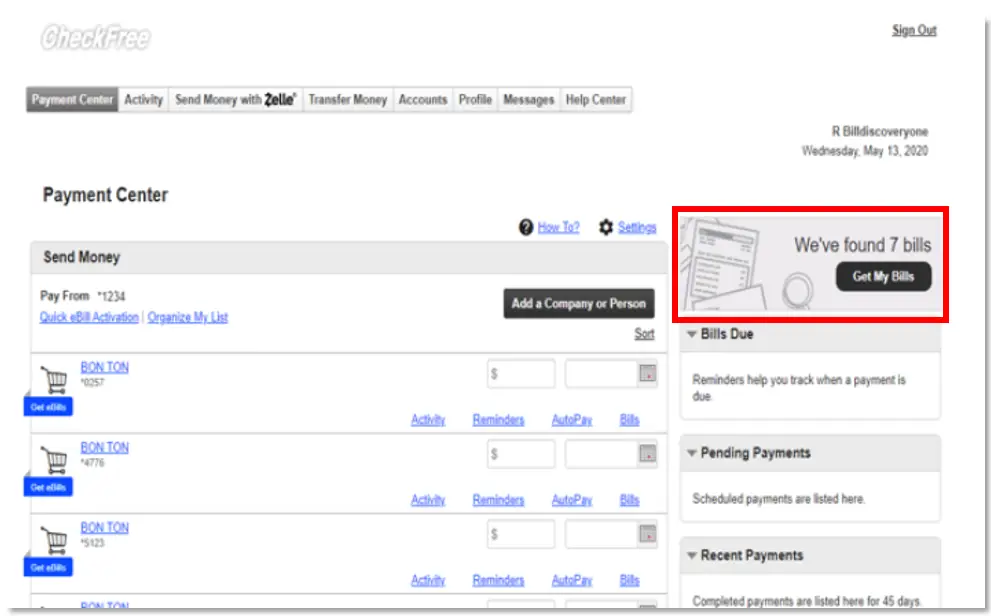
 When opening an account online, your initial deposit must be done by transferring money from your current bank account or by debit or credit card.
When opening an account online, your initial deposit must be done by transferring money from your current bank account or by debit or credit card. Click on the three vertical dots alongside the blue “Pay” button
Click on the three vertical dots alongside the blue “Pay” button